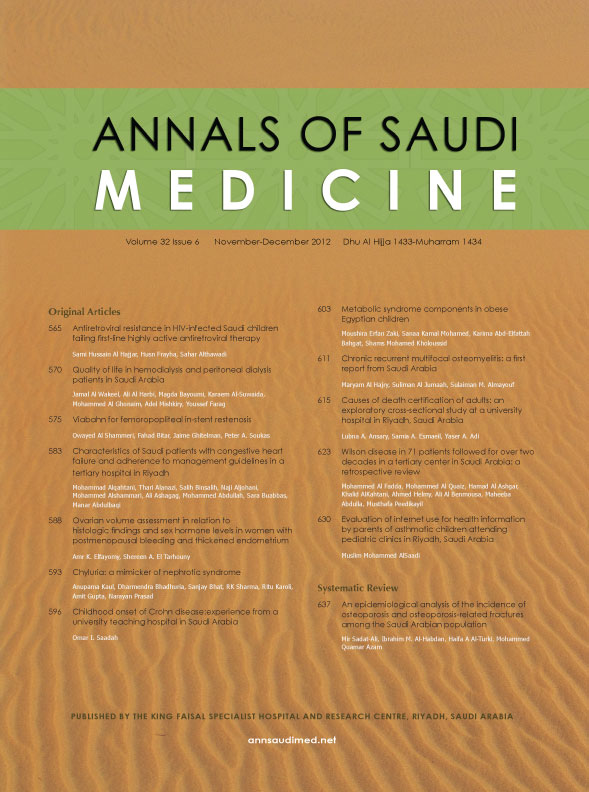 In April, we wrote about a group of cancer researchers from Tunisia:
In April, we wrote about a group of cancer researchers from Tunisia:
The M.O. of the group…appears to be quite simple: Find a study that looks easy to “replicate,” change a few of the particulars and submit as if it were a piece of local, original work.
One of the papers we cited in that post for appearing to be heavily plagiarized has now been retracted, with a heavy penalty for the authors. Here’s the notice, from the Annals of Saudi Medicine: Continue reading Serial plagiarists earn lifetime publishing ban from Saudi journal







